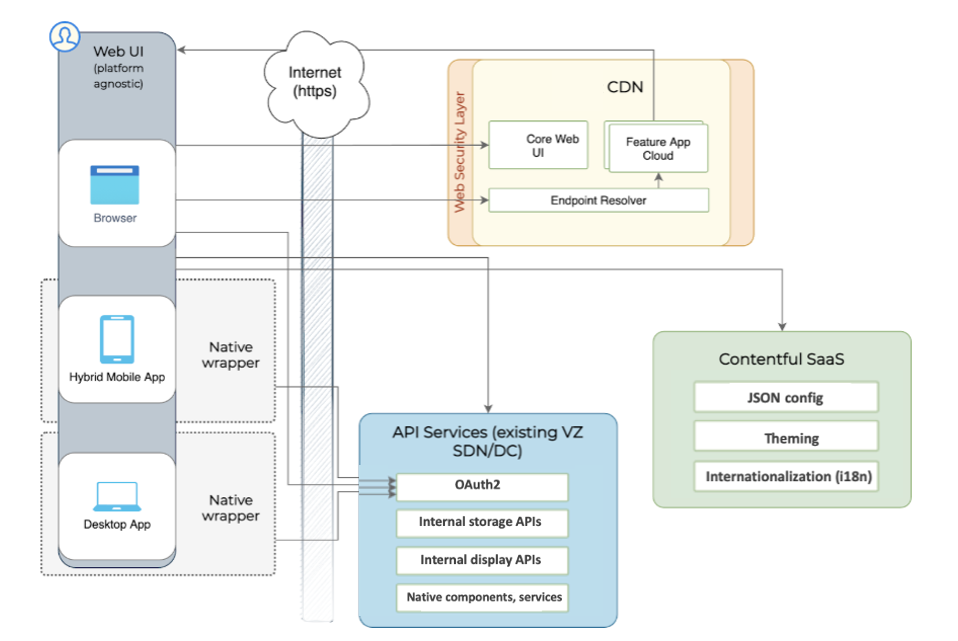Driving Cloud’s three-year technological metamorphosis
From basic backup & storage utility to dynamic digital memory bank
From 2020 to 2022…
I led the end-to-end revamp of the Verizon Cloud backup and storage product, delivering a comprehensive modernization of its Android and iOS applications.
Initially scoped as a “UI refresh”, the project evolved into a dual-track initiative that rebuilt the app’s architecture and tech stack, resulting in a scalable, user-centric solution that doubled revenue and became a top-performing consumer product during and after the pandemic.
The experience demonstrated how strategic technological updates and human-centered design principles coupled with collaborative teamwork and Agile development can usher in significant product improvements.
My contributions
As the product lead, I orchestrated over a year of qualitative and quantitative user research, complemented by extensive market and competitor analysis. These insights informed the dual-track strategy for achieving leadership’s desire to make Cloud a “leading, cross-platform digital backup and storage solution.”
• Track 1, the code: Established a flexible hybrid architecture built with Node.js, AWS services, SwiftUI and Jetpack Compose, and more to scale efficiently, reduce operational complexity, and future-proof the product with modular, independently-deployable features.
• Track 2, the UI: Introduced a complete UX revamp that replaced legacy designs with a componentized structure that improved navigation and elevated feature real estate app-wide. Collaborative efforts across product teams ensured that planned features seamlessly integrated into the new design, creating a cohesive cross-platform and brand-compliant user experience.
To achieve both ends, I directed Agile planning, development and delivery while aligning multiple stakeholder groups — Security, Legal, Product Marketing, Brand Compliance, UX design and Customer Support — through months of go-to-market planning and execution.
For a more in-depth perspective, check out the presentation about my Verizon Cloud journey.
Key achievements
• Performance gains: Upload speeds improved by 15%, system errors decreased by 20%, and pagination sync issues dropped by 30%.
• Customer satisfaction: App ratings climbed from 4.3 to 4.6 for iOS and from 4.5 to 4.6 for Android.
• Revenue impact: Subscription plan optimizations, concurrent feature releases and dynamic content delivery contributed to a doubling annual revenue from $250M in 2018 to $500M by 2022.
Defining aspects
On the front-end, the revamp prioritized users’ needs with intuitive navigation bars, reorganized content structures, and a full-fledged content Library, a hub for managing and organizing files across devices.
On the back-end, a single architecture for Android and iOS combined with an extensible codebase scaled performance, reduced complexity and achieved a seamless cross-platform experience.
Subscription selection screens were also reimagined, spotlighting the app’s premium plans and contributing to major monetization gains.
On top of technical and design leadership, I cultivated a shared vision across teams that harmonized efforts to achieve leadership’s strategic direction.
As a result, Cloud became a vibrant, future-ready memory bank and delivered unparalleled value to more than 10 million customers.
Technologies
• NodeJS • AWS (S3, CloudFront, Lambda) • SwiftUI • Jetpack Compose • Webpack 5 Module Federation • Contentful • RESTful APIs • Kibana + Localytics • Adobe Marketing Cloud and DTM • Figma • OAuth 2.0






